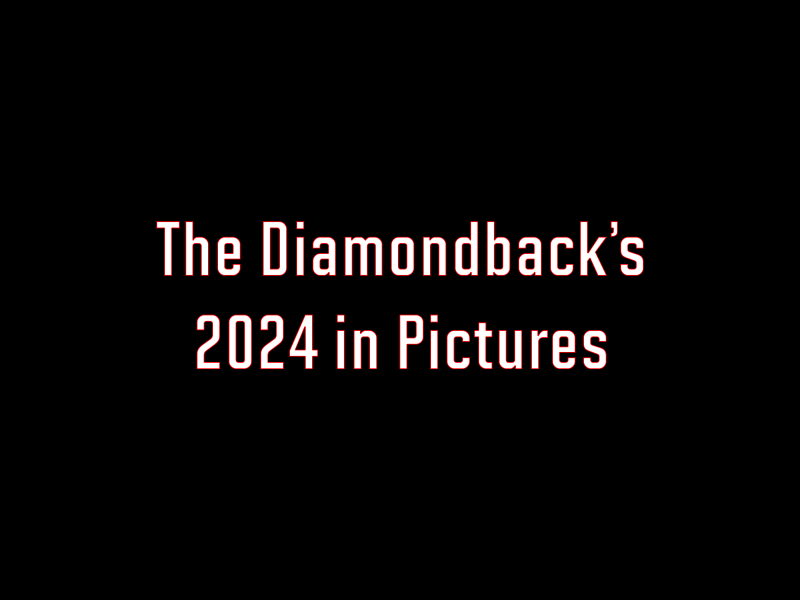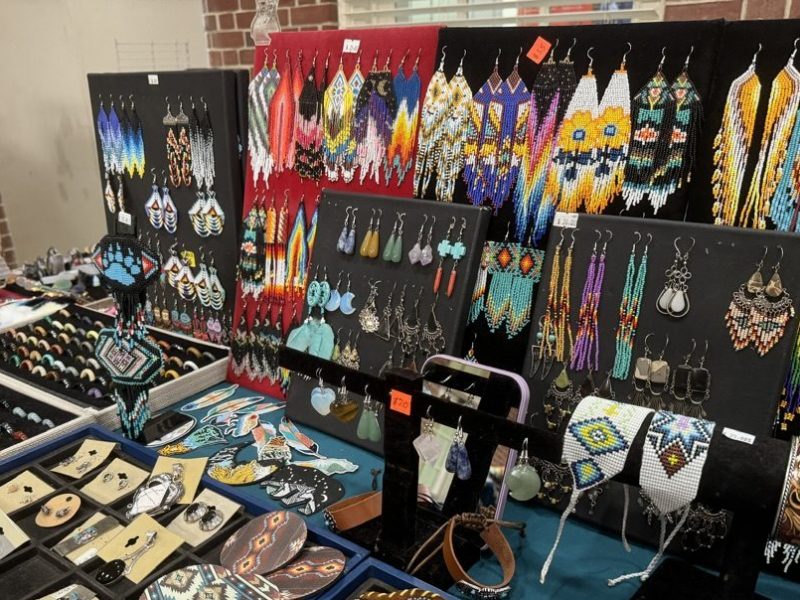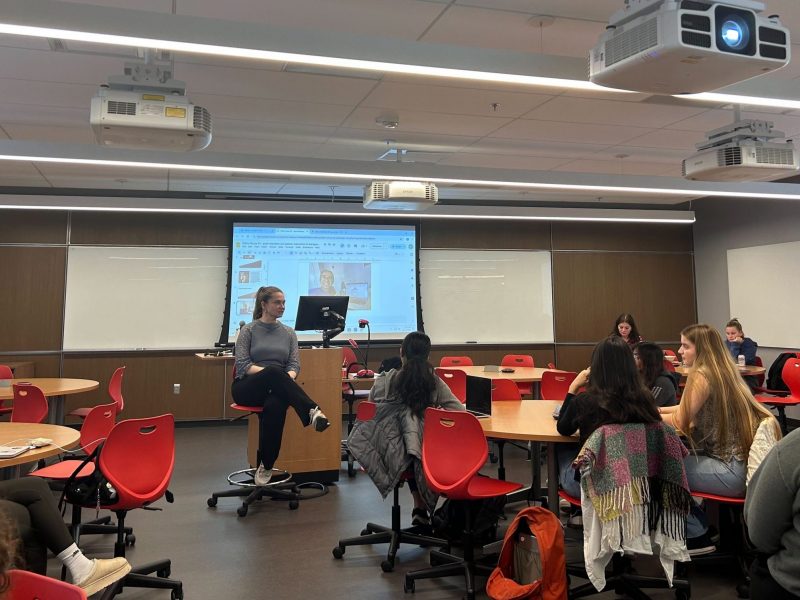Exhausted from a long day of classes, Mikey Chuy sat down with his roommates to watch one of his favorite TV shows. But instead of Playmania, he saw a message from Comcast.
“It said Game Show Network is not on this channel anymore,” said Chuy, a senior economics major.
Allison Adams had the same problem when she tuned in to watch Lingo. Now, two weeks later, she’s in withdrawal.
“I was really upset,” said Adams, a senior hearing and speech sciences major. “I know what’s on Game Show Network every hour of every day. I’ve been complaining about it ever since it’s been gone.”
Comcast Corp. disappointed fans of GSN in College Park on Sept. 8 when it switched “the network for games” to digital cable to accommodate a network for baseball games, the Mid-Atlantic Sports Network.
The addition of MASN, which broadcasts the majority of Washington Nationals games, to Comcast’s expanded basic service lineup meant GSN-aholics would have to do without their daily dose of Chuck Woolery.
According to Comcast spokesperson Beth Bacha, about 1.6 million customers in the Baltimore, Washington Metro and Salisbury areas began receiving MASN between Sept. 8 and Sept. 15. In this area, GSN was the channel that was removed to make room in the lineup.
According to Bacha, the decision to move GSN to digital cable was difficult and had nothing to do with ratings. Instead, she said, GSN viewers were more likely to have digital cable.
For over a year, Comcast refused to air MASN, the home of the Nationals and the Orioles in 2007. But an agreement between Comcast and MASN on Aug. 4 ended the dispute.
“To Orioles and National fans, it’s a spectacular trade-off,” Shuy said. “But, to the masses I still think it’s not fair.”
“I don’t care about the Orioles,” said Bill Stutzman, a junior criminal justice major. “I would rather watch Family Feud.”
Comcast announced the launch of MASN would result in a $2 increase in monthly cable rates for customers with expanded basic service. According to Bacha, the charge is a response to the hundreds of millions of dollars it will cost Comcast to air MASN over the next decade.
Jon Dooley, director of Resident Facilities, said the university signed a 10-year contract with Comcast in 2000 that exempts it from this charge, although adjustable annual rate increases are built into the contract.
According to Bacha, customers will see the $2 increase in their next billing statement.
“If I was in the position where I lost Game Show Network and gained a new channel that I probably don’t even understand and had to pay $2, I would be very frustrated,” said Chuy, who recently started getting digital cable at his off-campus home.
For GSN fans, MASN is worse than a consolation prize from The Price is Right.
“There’s already like ESPN one, two, and three. But, Game Show Network was the only one that had game shows all the time,” said Susan Davidson, a sophomore animal and avian sciences and psychology major.
Popular GSN shows include classics like Match Game, Family Feud, Card Sharks, Love Connection, The Newlywed Game and The $100,000 Pyramid as well as newer shows such as Who Wants to Be a Millionaire?, Greed, Playmania and Lingo.
Many fans tuned in to watch their favorite GSN personalities, such as Woolery, who hosted Love Connection; Gene Rayburn, who hosted Match Game, and Richard Dawson, who hosted Family Feud.
Some already miss Woolery’s ageless appearance, Rayburn’s unnaturally long microphone and Dawson’s debonair attitude.
The network, laden with ads for Metamucil and Ensure, is not primarily oriented toward 18- to 25-year-olds, but many young people have found the out-of-date shows interesting.
“I think it provides insights into the time,” said Emily Boivie, a senior English and theatre major. “It’s a cool perspective and the outfits are hilarious.”
Channel 41, which previously aired GSN, now broadcasts the SciFi Channel. Channel 62, left vacant by this shift, is the new home of MASN.
Contact reporter Stacey Hollenbeck at newsdesk@dbk.umd.edu.


